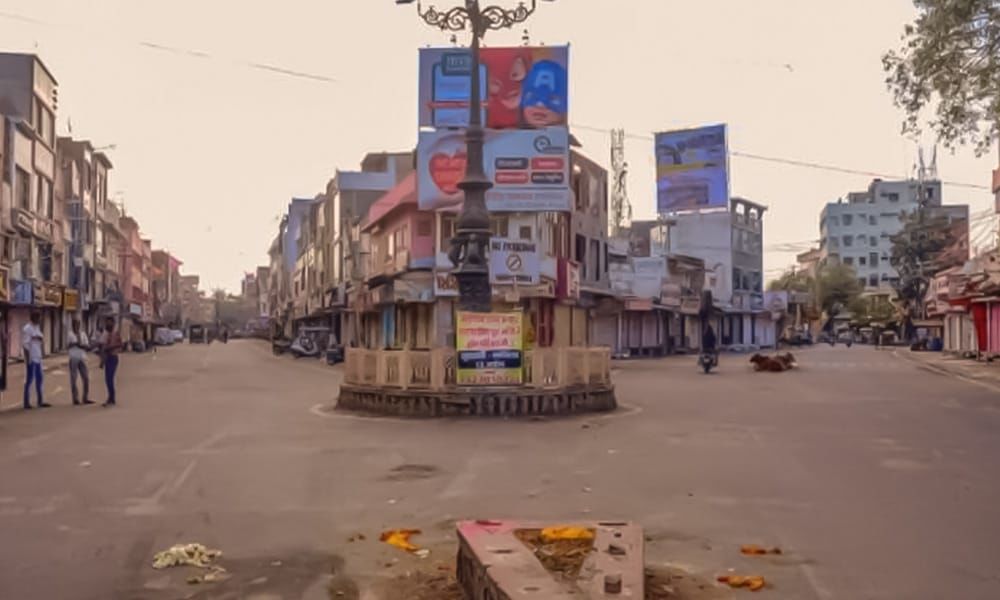
Image Credit: India TV
42% Workers In Karnataka Had Zero Income By Sep 2020 Due To Lockdown: Report
Writer: Rakshitha R
Rakshitha an engineer turned passionate journalist with an inclination for poetry, creative writing, movies, fiction, mountains and seclusion. Not a part of the social process but existential.
Karnataka, 6 May 2021 9:46 AM GMT | Updated 6 May 2021 9:53 AM GMT
Editor : Ankita Singh |
A literature lover who likes delving deeper into a wide range of societal issues and expresses her opinions about the same. Keeps looking for best-read recommendations while enjoying her coffee and tea.
Creatives : Vijay S Hegde
I am a creative, artistic and ambitious designer, with a talent for thinking outside the box and coming up with innovative ideas and designs. I graduated with a 1st Class honors degree in Video Editing from MAYA ACADEMY OF ADVANCED CINEMATICS
About 50 per cent of the salaried workers in the nation are reported to have moved to informal work. Over 230 million people found their income dip below the national minimum wage poverty line.
About 20 per cent of informal workers who lost their jobs during the lockdown last year could not find employment this year, said a report by Azim Premji University.
The report titled 'State of Working India 2021-One year of COVID-19' recommended making the social security architecture more inclusive and effective this year.
According to the report based on the survey, about 47 per cent of women did not step back to the workforce after the lockdown. Also, 7 per cent of men suffered permanent job losses as the majority of them moved to informal employment.
The report suspected the domestic work burden as the reason why women could not return to work.
"In Karnataka, the proportion of working women who spent more than 2 hours per day on cooking went up from 20 per cent to 62 per cent during the lockdown period," said the report.
The workers across Rajasthan and Karnataka suffered a great loss of monthly income. Though 1 per cent of the salaried workers reported zero income during February in both the states, that figure had elevated to 42 per cent by September.
About 50 per cent of the salaried workers in the nation are reported to have moved to informal work.
Over 230 million people found their income dip below the national minimum wage poverty line.
The poorest that suffered the biggest income losses were forced to take loans larger than their earnings.
About 20 per cent of the vulnerable households did not report improvement in food intake for six months after the lockdown, reported The Deccan Herald.
The report also noted that the reach of the public distribution system under the Pradhan Mantri Garib Kalyan Yojana was more extensive than the Jan Dhan cash transfers scheme.
It recommended the extension of the PDS scheme till the end of 2021 including ₹ 5,000 cash transfers to vulnerable households for three months.
All the experts who held a panel discussion at the university agreed that lack of de-centralisation was a problem during the first lockdown.
Also Read: Delhi High Court Suggests Changes In Required Document Criteria For Remdesivir
 All section
All section














